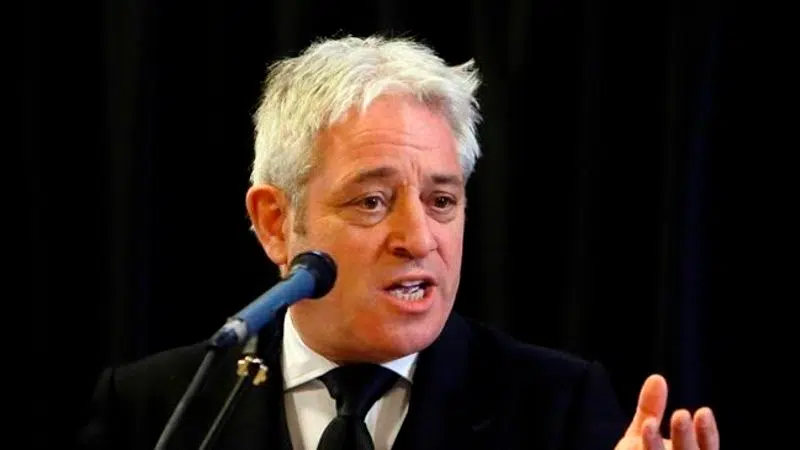
UK speaker stymies May’s bid for 3rd vote on Brexit deal
LONDON — The speaker of Britain’s House of Commons dealt a potentially fatal blow to Prime Minister Theresa May’s ailing Brexit deal on Monday, saying the government couldn’t keep asking lawmakers to vote on the same deal they have already rejected twice.
The government intends to try a third time to get lawmakers to back the deal, ideally before May joins EU leaders Thursday at a Brussels summit where she is set to ask the bloc to postpone Britain’s departure. May has warned opponents that failure to approve the deal would mean a long, and possibly indefinite, delay to Brexit.
Speaker John Bercow scuttled May’s plan, saying centuries-old parliamentary rules prevent “the same proposition or substantially the same proposition” from being brought back repeatedly for votes in the same session of Parliament.


